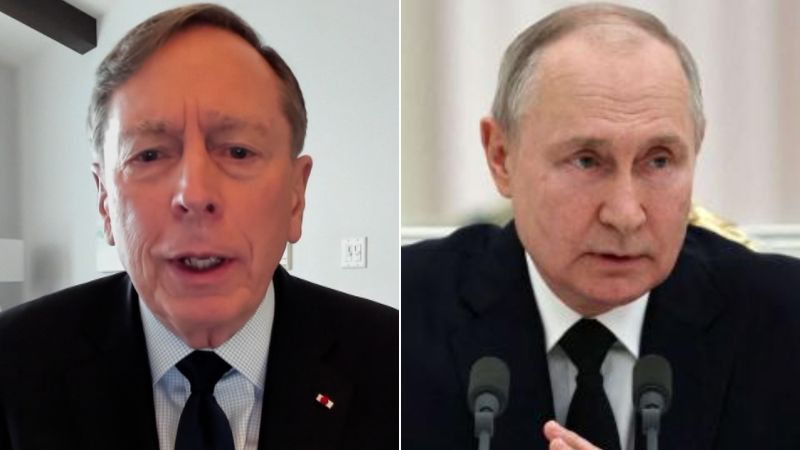
Wall Street Journal: Wagner boss planned to capture top Russian defense chiefs
Wagner leader Yevgeny Prigozhin planned to seize two top Russian military officials when he launched a short-lived mutiny on Saturday, the Wall Street Journal reported on Wednesday, citing Western officials.
Prigozhin’s plot involved the capture of Defense Minister Sergei Shoigu and top army general Valery Gerasimov when the pair visited a region along the border of Ukraine, the WSJ wrote.
Russia’s Federal Security Service (FSB) learned of the plot two days before it was due to take place, forcing Prigozhin to change his plans at the last minute and launch a march towards Moscow instead, according to the report.
Wagner mercenaries took control of a key military base in the city of Rostov-on-Don, and his troops were approaching the Russian capital when Prigozhin called off his mutiny.
There has been speculation about the role of senor Russian commanders as the mutiny got underway on Friday night. The New York Times, citing US officials who it said were briefed on American intelligence, reported that the commander of the Russian air force, Gen. Sergey Surovikin, “had advance knowledge of Yevgeny Prigozhin’s plans to rebel against Russia’s military leadership.”
Surovikin appealed to Prigozhin to halt the mutiny soon after it began, in a video message that made it clear he sided with Putin.
Asked about the New York Times story, Kremlin spokesman Dmitry Peskov said: “There will be now a lot of speculation and rumors surrounding these events. I believe this is just another example of it.”
Even though the mutiny failed, Putin prestige has been dented, the official said. “If that is what factions wanted, then that is what they got.”
Viktor Zolotov, the director of Russia’s National Guard, claimed Monday that senior Russian officials knew of Prigozhin’s plans for a rebellion because people close to the Wagner boss had leaked them, Russian state media agency TASS reported.
Zolotov also claimed the mutiny was “inspired by Western intelligence services” because “they knew weeks in advance.”
But, according to sources familiar with the matter, the intelligence was so closely held that it was shared only with select allies, including senior British officials, and not at the broader NATO level.
Prigozhin’s spectacular falling-out with Moscow’s high command appears to have stemmed from a declaration by the Russian Ministry of Defense that it would employ Wagner’s contractors directly. The move would essentially have dissolved Prigozhin’s lucrative operations in Russia.
Prigozhin arrived in Belarus Tuesday, the country’s President Alexander Lukashenko said. Russia says Lukashenko brokered the deal that ended the rebellion.
